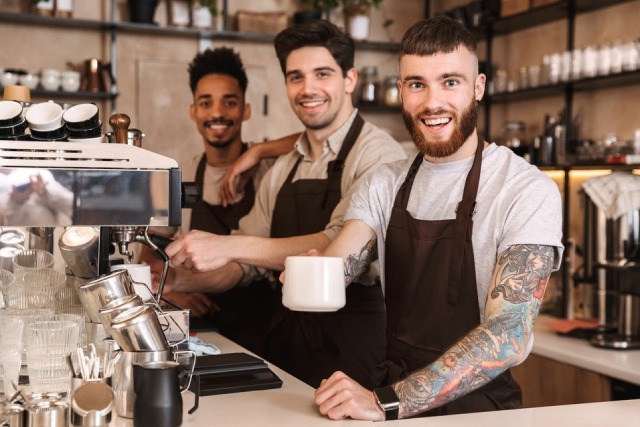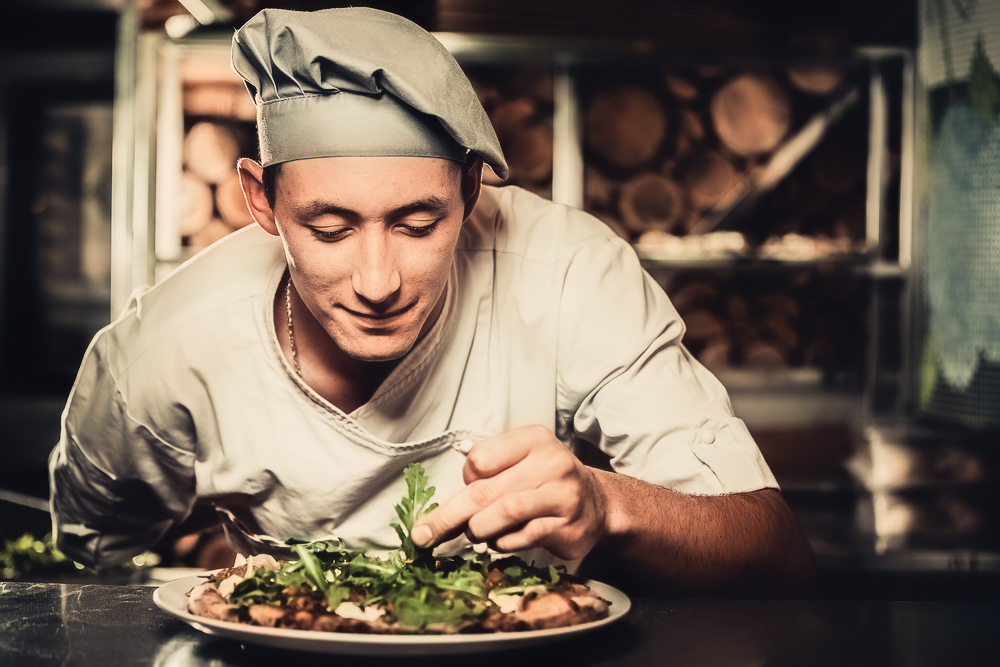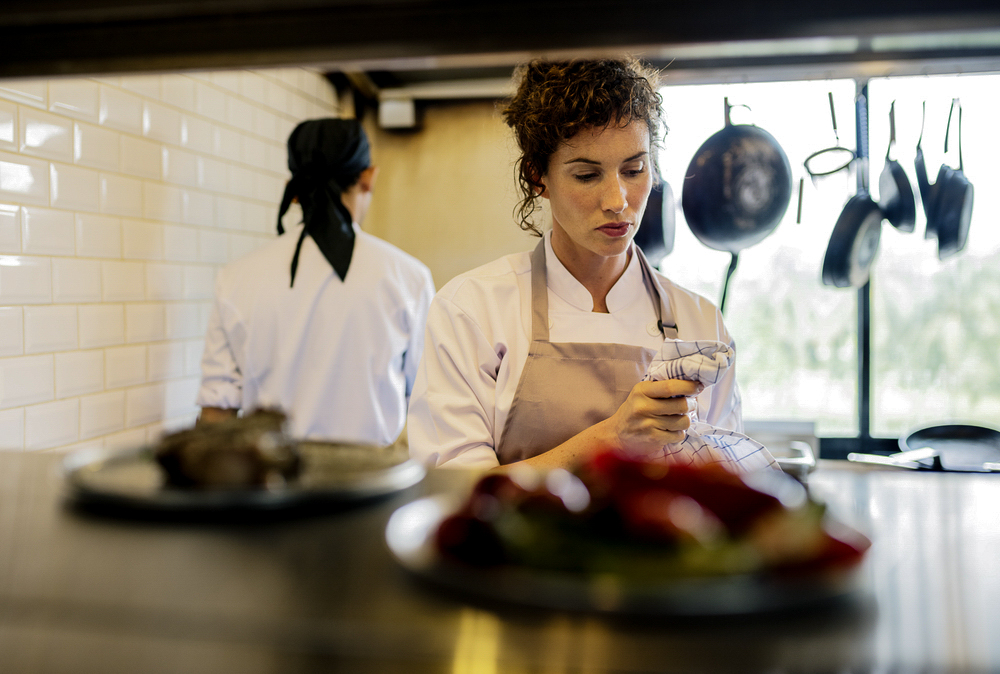
There are so many coffee lovers out there in Australia, and many of them even make a career out of their passion. There are just as many people out there who attend coffee appreciation classes to learn more and make the perfect brew at home. So, you don’t need to be a professional to attend barista classes and learn more about the coffee brewing arts.
In this article, we’re going to give you the basics about understanding different coffee varieties, just as you’d learn in a barista class.
The Two Main Types of Coffee
First things first, you need to understand that there are generally two species of coffee beans. These are Arabica and Robusta. The most common type, making up roughly 70% of the world’s coffee is Arabica. Generally, they’re known for their smooth, complex flavours. They also have higher acidity levels than Robusta. Arabica beans are normally grown at higher altitudes and are often more expensive.
Robusta coffee beans are much stronger, often having a more bitter taste and higher levels of caffeine. For the espresso lovers out there, you’re likely drinking Robusta coffee.
Coffee Bean Origin Affects The Taste
Where a coffee bean is grown will have a significant effect on its flavour profile. There are variations in soil, climate and altitude throughout the world, and these factors can all impact a coffee bean’s flavour. To touch on a few, Brazilian coffee is known for its aromatic and nutty profiles, while very dry climates like Kenya often produce fruity flavours. Learning about the flavour profiles of coffee beans from around the world is a great way to expand your knowledge.
The Difference Between Single-origin Coffee and Blends
During barista classes, you’ll most certainly learn the difference between single-origin coffees and blends. In quite simple terms, single-origin coffee comes from one geographic location. So it always embodies a similar flavour profile. For coffee lovers with distinct tastes, single-origin coffees are always preferred.
However, blends usually combine one or more bean types from multiple regions. This gives them a more balanced flavour, and they arguably appeal to a wider audience than single-origins.
Different Coffee Bean Processing Methods
That’s right, even the way coffee beans are processed can impact their taste and flavour. The three most common processing methods are as follows:
Washed: Washed coffee is cleaned thoroughly and fermented, giving it a cleaner and brighter flavour.
Natural: This involves drying the coffee with fruit still on the bean, giving the coffee a fruity and full-bodied taste.
Honey-processed: Honey-processed coffee is almost a mixture of the previous two, leaving some of the mucilage on the bean to give it a more balanced taste.
Understanding Different Roasting Processes
During barista classes, you can learn all about the different roasting levels, right from light to dark. All coffee beans are roasted from their original green appearance to the darker beans we know and love. Each roasting level can impact the flavour, acidity and body of the coffee, so it’s important for baristas to understand the differences.
Generally, light roasts maintain more of the bean’s original flavour, medium roasts provide more of a balance, and dark roasts are usually stronger and bolder. As a barista, you might be asked for coffee advice, which is where this knowledge takes you to another level.
Ready to Become a Coffee Master?
Of course, this has been a brief overview of coffee varieties and doesn’t dig as deep into the topic as barista classes do. If you’d like to expand your knowledge and become a master barista, or you just want to impress your friends and family with great coffee at home, there’s a class just for you. Contact Coffee School today to find out more.



